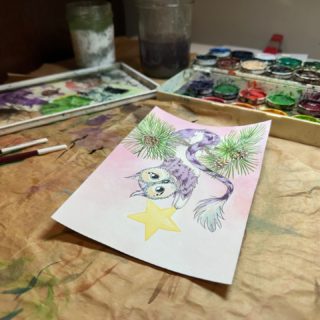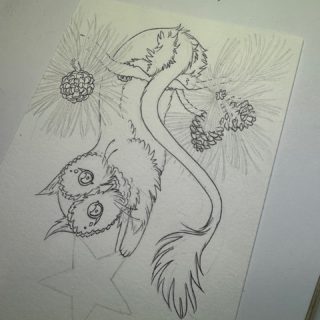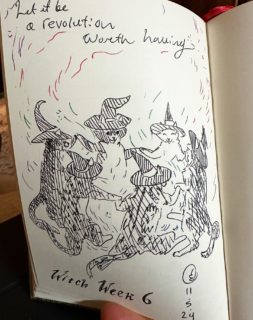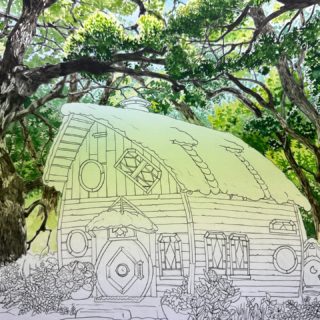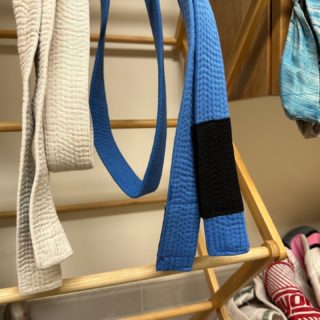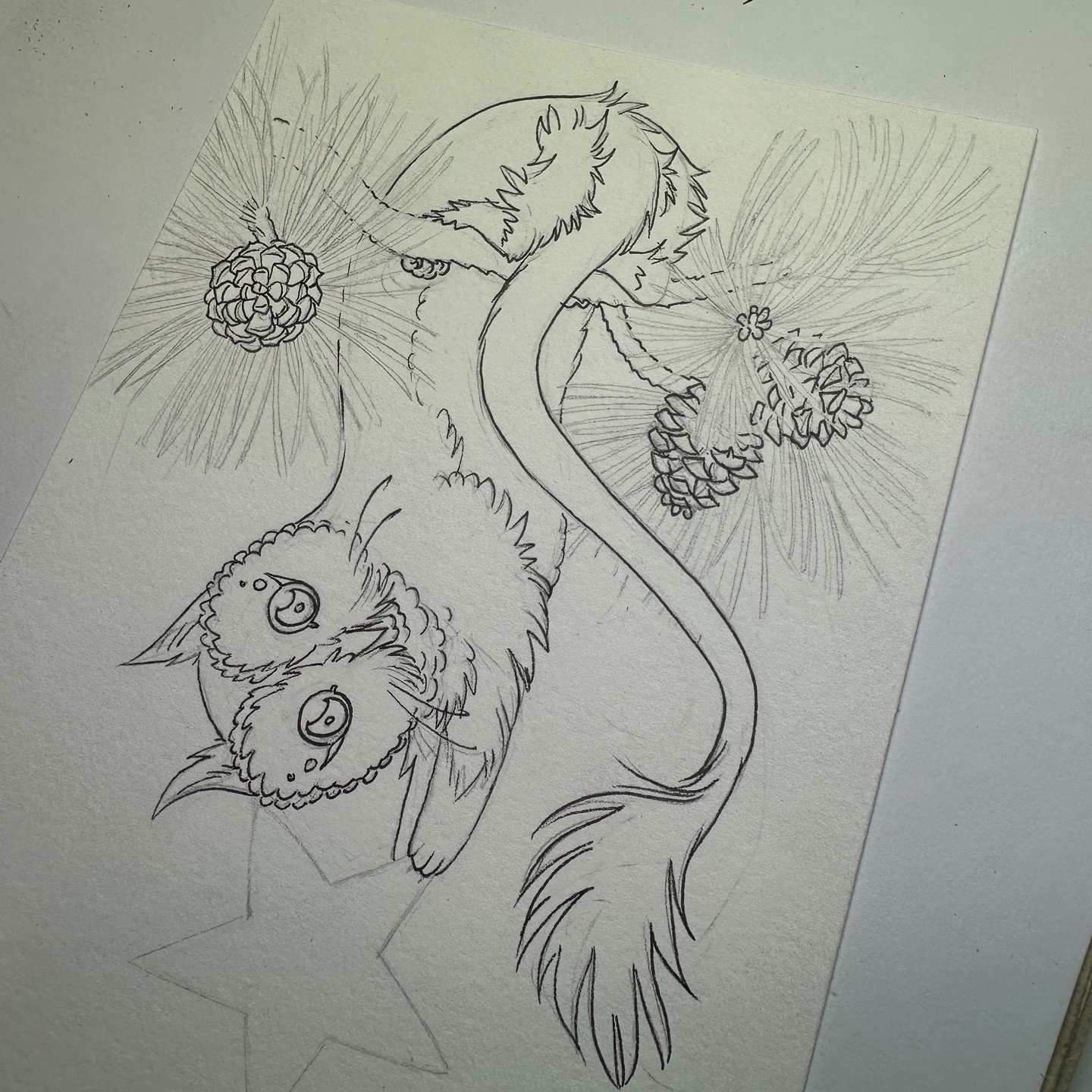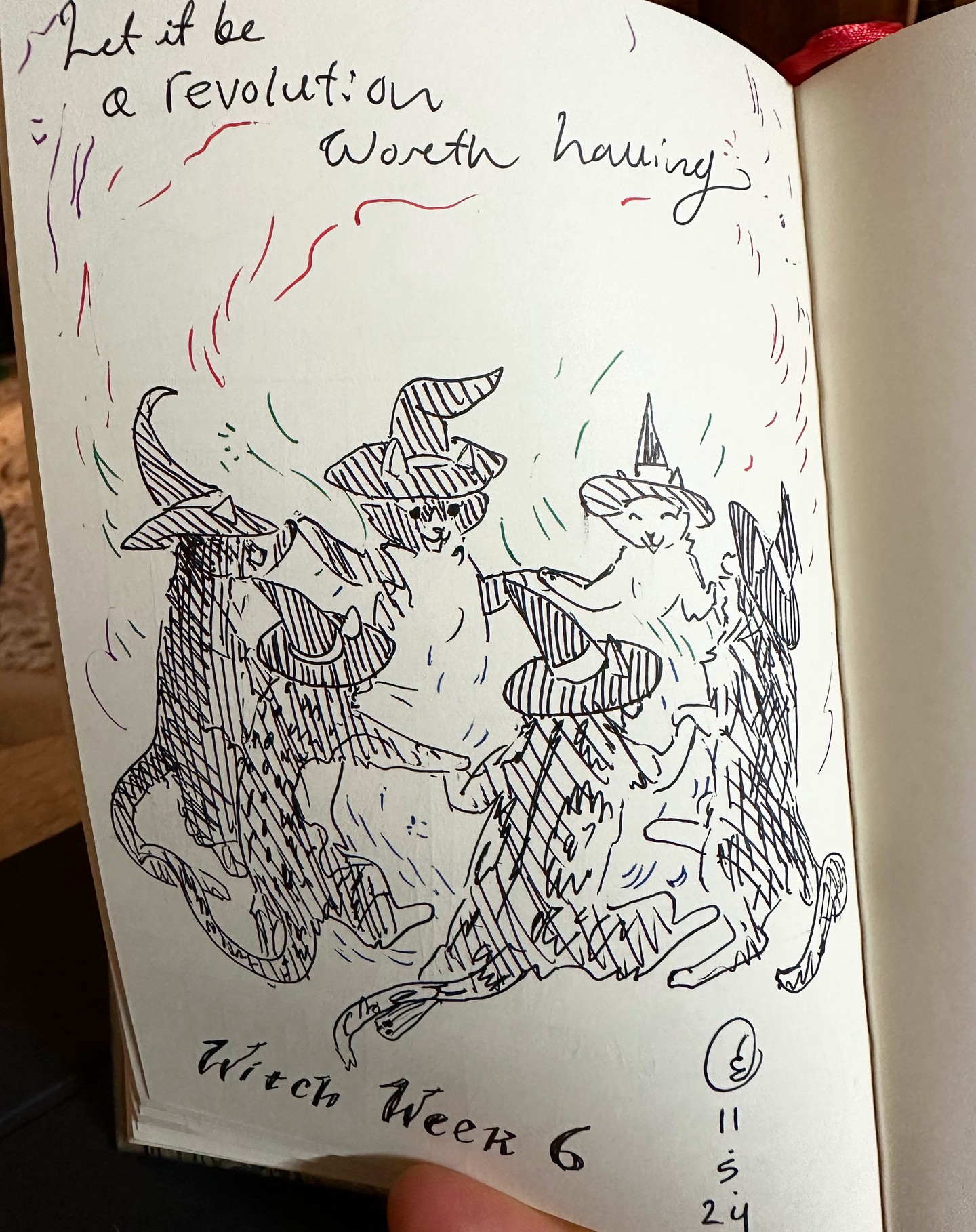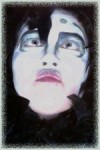 I have heard it said that you can tell a home-schooler from a “regular” child because there is something “off” or “odd” about them. Not necessarily bad, mind you, just something a little unusual.
I have heard it said that you can tell a home-schooler from a “regular” child because there is something “off” or “odd” about them. Not necessarily bad, mind you, just something a little unusual.
This is complete nonsense. Everyone is a little “odd” compared to our entirely fictional standard of normalcy. I think the greatest refutation of this statement is me. Because unless I tell people that, never mind home-school, I never went to school, period, they just assume I’m like everyone else. That I went to school.
The differences are, on the surface, subtle ones, and they are becoming smaller and smaller the older I get. Now that I am beyond high school years and getting on to the age where the college questions are beginning to die off, the differences between myself and one put through the schooling system are few and far between. There are some signs; my proficiency at self-teaching, my lack of student loan debt. My complete and utter lack of comprehension of the workings of the standard school system.
Fifteen years ago, however, the differences were marked. And drastic.
Fifteen years ago, I could not read.
Part of being un-shcooled was not having to learn things according to someone else’s schedule. Because of this, my knowledge was somewhat uneven. At the age of nine I knew more about horses than most people three times my age, and was up-to-date on all the latest dinosaur news, but I could not read.
This was not for lack of trying. Some of my earliest memories are of exploring the shapes of the alphabet, and learning which shapes went with my mother’s, father’s, and brother’s names, not to mention my own. I had some trouble in the beginning getting the lower-case a’s the right way round, but on the whole I have pleasant memories of learning to write. I had my mom show me the cursive alphabet as well as the standard one, and I practiced both diligently.
Despite all this, and patient lessons on the pronunciations of said letters and their combinations, I simply could not read.
Now, had I been in school I shudder to think what would have happened to me. Special classes, probably. Teasing from the other children who were more naturally adapted to reading. I might even have been labeled as retarded.
I certainly was retarded when it came to learning to read, and I mean that literally. When I was nine I could read short, easy words like “dog” and “cat” and “exit” and “stop” — the last two being words I saw rather a lot of during long car rides—but beyond this limited vocabulary I was as hopeless as a chicken in a slaughterhouse. I remember, about the time I turned ten, staring at an article in a magazine. It had a picture of a dolphin in a sling and seemed to be about a bunch of people who were trying to help it. I wanted to know what happened to the dolphin, but I was afraid to ask my mother to read it to me. (I was not afraid she would say no: my mom was always very patient and understanding about my not being able to read. I was afraid something bad had happened to the dolphin, and I knew that would make her sad.) I remember staring at that page of impenetrable writing, like a wall of black and gray bricks, unable to make out anything beyond the occasional the’s on’s and to’s. So I carefully put the article away, figuring that one day in the future I would know how to read, and then I could read it to myself. I put it in such a safe place I have not been able to find it since, and I still wonder what happened to the dolphin.
I’d like to stress that I never worried about learning to read. My parents didn’t either, and my younger brother, perhaps to show solidarity, seemed to be learning at about the same pace as I was. After all, we were un-schooled. No one could tell us we had to learn to read. We did other things. I figured when the time was right, I would learn.
This is what I remember about learning to read.
First I knew what letters meant. Then I could read short words, but I had to sound out the longer ones. This was boring and hard work, and I didn’t like it. It was like grinding my brain against a rough stone, or trying to stuff it into a mold it didn’t fit. So I stopped.
Then something remarkable happened.
When I was about eleven my mother started reading Diana Wynne Jones books aloud to me. I loved these books. My favorite was—and still is—Hexwood. My mother read it to me, and I was so intrigued by its complicated story that I wanted to read it again. My mother kindly obliged, but I found her pace too slow for my liking. So in between reading sessions I took the book and sat and stared at the pages, willing the words to start making sense.
And, one by one, slowly, with great reluctance… they did.
I read five whole pages to myself, running to my mother every time I hit a word I didn’t know—which was quite often, at first. But here was another amazing thing: every time I learned a new word I remembered it. I only had to be told what a word was once, and then I always knew it. My vocabulary was expanding exponentially, and soon I could read for minutes at a time without any help.
It was still painful and slow, and it was much easier to listen to the story being read to me, but now I could read faster to myself than my mom could read aloud, so that was encouraging.
Trading off between my mother and myself, I made my way through Hexwood a second time. Then I read it a third time all on my own.
Then we got Harry Potter and the Prisoner of Azkaban, and my mom began reading that.
I am not ashamed to mention Harry Potter. For all my problems with the later books, I still think Prisoner of Azkaban is a fine piece of work, and it is my favorite of the seven. My mom got about halfway through it before I grabbed the book in impatience and finished it myself.
And from then on I could read.
My mother taught herself to read when she was only three. To her, reading is as easy as breathing, and she can still read faster than I can. But I am also a fast reader—now. I am faster than my aunt and my father, who were both taught to read in school. My aunt once explained that she hears the words she reads aloud in her head as she reads them, so she can only read as fast as her internal “voice” can read them aloud. I found this interesting, because in the beginning I had to “sound out” a lot of words to make sense of them. Sometimes aloud, sometimes aloud in my head. But as I learned more and more words, the less and less I needed a voice to hear them with. Now when I read I don’t hear the words. I see them, and they go directly into my brain. The language bypasses sound altogether, and the meaning of the words goes straight to whatever part of my brain makes sense of the sounds the ears are hearing—only with reading, it’s making sense of the shapes the eyes are seeing. Because I don’t need to hear the words being read, I can read them a lot faster. When I asked my mom, she said this is what reading is like for her.
I taught myself to read when I was between ten and eleven years old, but I wasn’t really comfortable with it until I was twelve. And despite there being almost a decade between my mother and Ime in terms of when we learned to read, I think we both learned to read in the same way. The natural way, that is. We weren’t forced to read. We weren’t frog-marched through the mechanics of it. We learned to read on our own terms, at our own time. And because of this we both read fast.
Research in suggests that the centers in the brain used for reading do not develop at the same time in all children. Sometimes they come online very early, sometimes not until the early teens. For my part I think this describes my experience very well: for the first decade of my life, written words held no meaning. They were gibberish I couldn’t understand. Then one day it was like a light came on and my brain said Yes, now we can learn this!
Now I can’t look at writing and not read it. I read things even when they are sideways or up-side down.
Reading, to me, is as easy as breathing. Fast as thought. As natural as anything else I do.
Thus I like to remind parents of slow-learners: it is better for a child to learn something late than to force it on them too soon. Hearing about children who are eight or nine and still can’t read doesn’t concern me in the slightest.
“Look at me,” I tell their flabbergasted parents. “I didn’t learn to read until I was eleven, and now I’m a writer for crying out loud!”
“Eleven?” they say. “How were you able to do that?”
“Well,” I admit. “I never went to school.”
“Really,” they say. “I never would have guessed.”
*
The greatest flaw I see in the standard schooling system as it exists today is its inability to allow for the variability between children. A certain number of kids will do quite well in school, because they naturally fall within what has been predetermined as “normal.” But there really is no normal when you get down to human nature. Or at least, normal should be extended to include a great many more parameters. But our definition of normal is so narrow most of us actually fall outside it in one respect or another.
The trick, I think, is to stop worrying about whether something is “normal” or not, and instead ask: “Is this right for me?” You might raise a few eyebrows along the way, but what is popular opinion worth when you know, deep down, that you’re doing the right thing?
*
If you would like to debate the pros and cons of standard schooling, or would like to learn more about the logistics of un-shcooling, you can send the author an email at goldeenogawa@gmail.com or peck at her on Twitter @GrimbyTweets.

